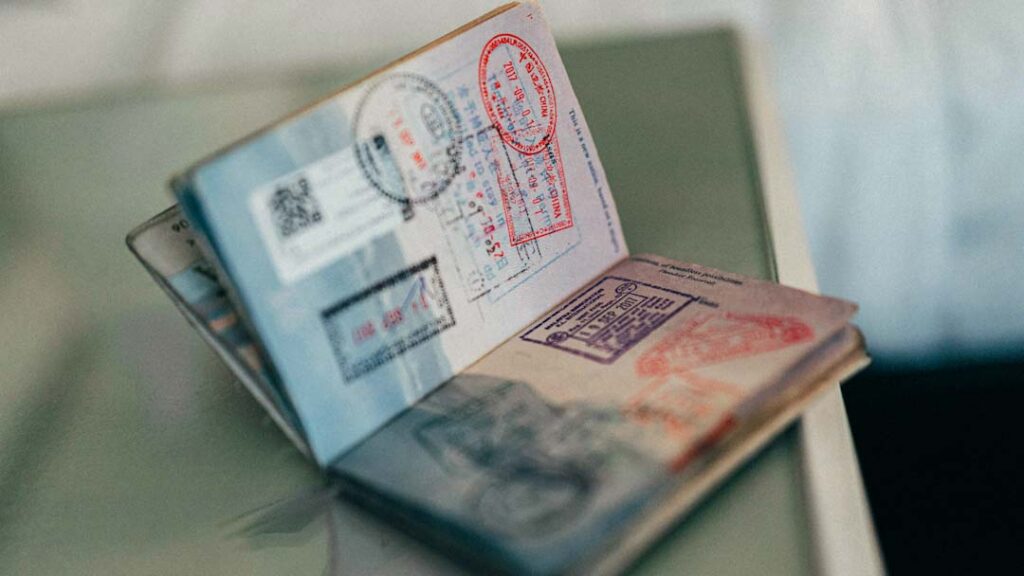
Let’s face it: bureaucracy is a nightmare, and Italy is no different. If you are thinking about buying a home in Le Marche, you’ll quickly run into paperwork, multiple offices, and rules that often seem to change depending on who you ask.
Queues, limited opening hours, are all part of the experience. But if you know what to expect, you can save time and plenty of frustration!
Residency in Italy

If you are a foreign buyer, you need to ask yourself whether you want to live in your Italian home permanently, part-time, or just for holidays.
- EU citizens: Residency is quite straightforward. You need to register at the local town hall (Comune) if you plan to live in Italy for more than 90 days. See How to get Certificato di Residenza.
- Non-EU citizens: Things get more complex. You may need a residency permit (permesso di soggiorno) depending on how long you intend to stay. This involves appointments at the Questura (police headquarters) and plenty of forms.
🔑 Tip: Even if you don’t live in Italy full-time, registering as a resident can sometimes reduce local property taxes. (See our guide on Understanding Italian Property Taxes).
Visas and Long-Term Stays

For non-EU citizens, the main visa options are:
- Elective Residency Visa: For those who can show they have sufficient income or savings to live in Italy without working. This is common for retirees or lifestyle buyers.
- Work Visa: Tied to a job contract in Italy. Less common for property buyers.
- Investor Visa: For those investing large sums (not usually relevant to small property purchases).
Keep in mind that visa requirements are strictly enforced and applications need to be made before entering Italy, at your local Italian consulate.
Inheritance Rules in Italy

One of the most overlooked aspects of buying property in Italy is what happens after you pass it on. Italian inheritance law is governed by the principle of successione legittima, which means certain family members (children, spouse, sometimes parents) have a legal right to part of your estate.
Even if your will states otherwise, these rules can apply to your Italian property. Foreign buyers often set up a will in Italy to clarify matters and avoid conflicts between jurisdictions. (Related: Common Mistakes to Avoid When Buying and Restoring Property in Italy).
Practical Challenges
- Multiple offices: The same process might involve the Comune, Questura, Agenzia delle Entrate, and even the Conservatoria.
- Opening hours: Many public offices only open in the mornings or a couple of afternoons per week.
- Translations: Official documents from abroad usually need to be translated into Italian and stamped with an apostille.
- Deadlines: Missing one deadline can mean restarting the process.
How to Make It Easier
- Hire a local notary (notaio) – They are neutral, and their role is to make sure the deal follows the law.
- Get a bilingual lawyer or consultant – They can guide you through visas, inheritance, and taxes.
- Plan months in advance – Do not leave paperwork to the last moment.
- Keep copies of everything – Bureaucracy in Italy thrives on paperwork.
✅ Key Takeaways
Buying a home in Italy requires making sure that your residency, visa status, and inheritance plan are in order. Handle these carefully, and you’ll save yourself years of stress.
